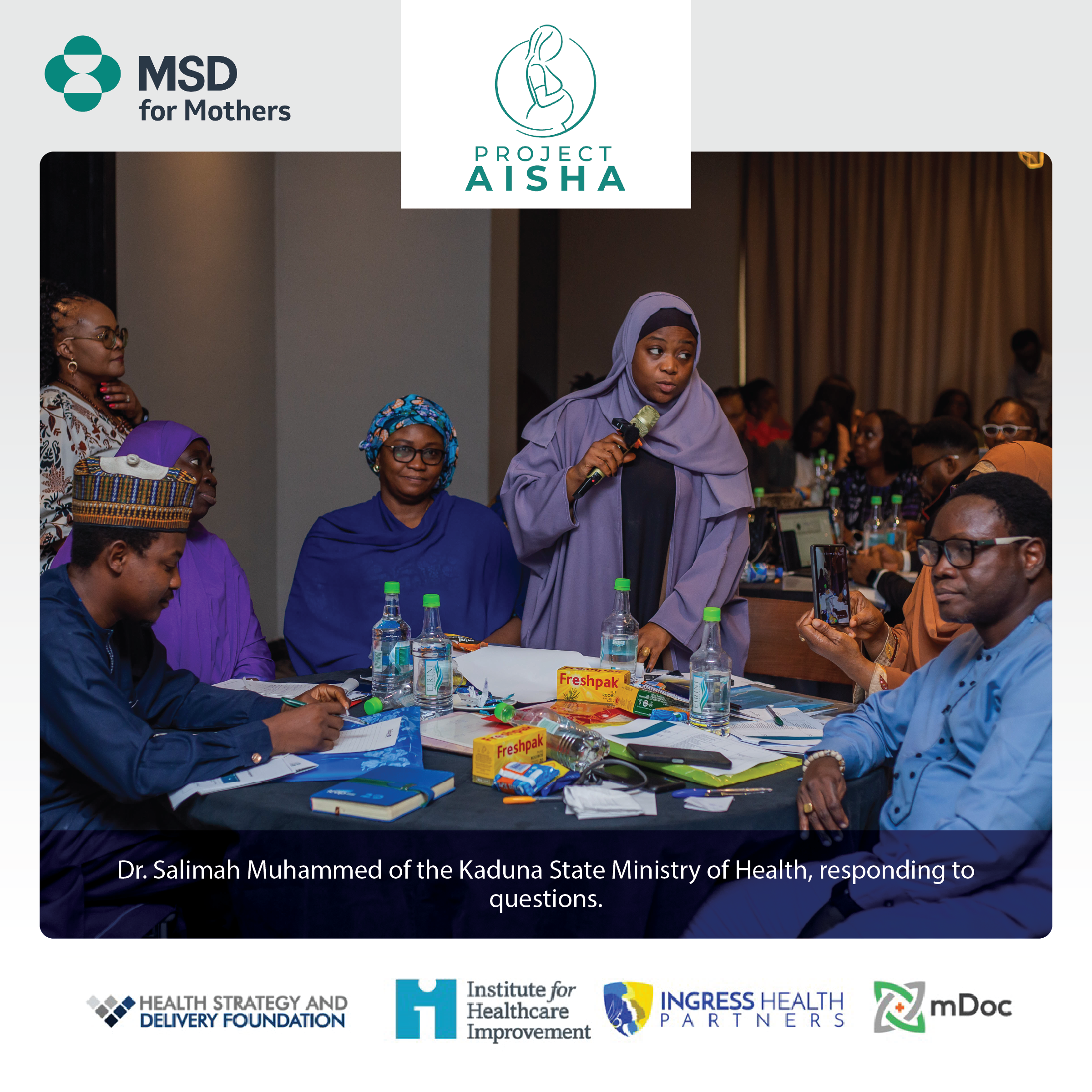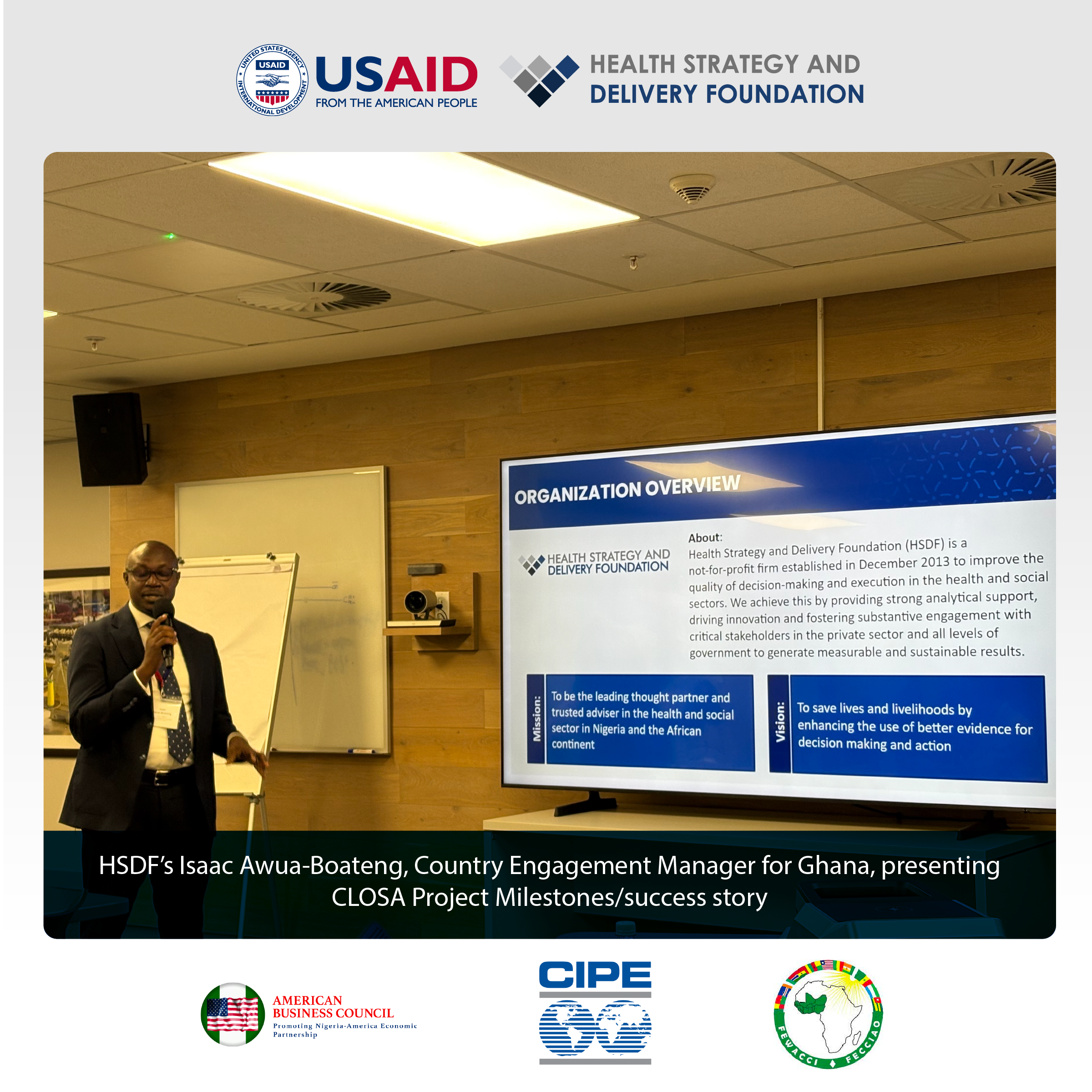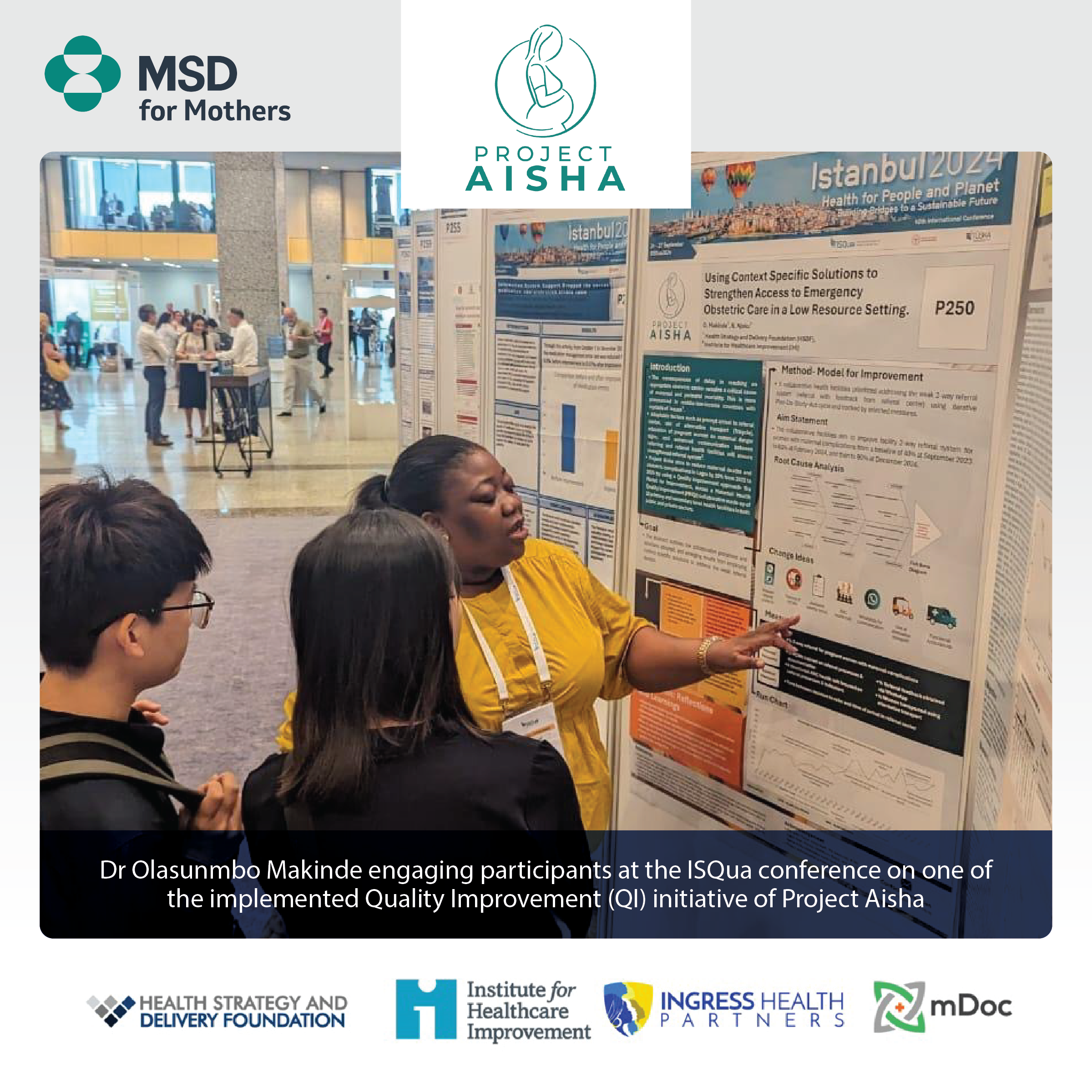World Malaria Day – Zero Malaria Starts with Me
Today, the world celebrates World Malaria Day. The theme for this year is captioned: Zero malaria starts with me, join me! Indeed, there is a part for everyone to play. At the individual level, we can intensify efforts around three key areas. They are first, reducing mosquito breeding sites by keeping our environment clean and tidy, ensuring that this are no stagnant or standing water and no bushes close to our residences and places of work.
Secondly, the regular use of personal protection such as the Long-Lasting Insecticidal Nets (LLINs), mosquito repellent/insecticide spraying products, the WHO recommended chemoprophylaxis for some settings (like the Sahel regions of the country where malaria is mostly seasonal) and at-risk groups (pregnant women, infants and children under five years) among others. Thirdly, to regularly test and treat (when diagnosed) with the appropriate antimalarial.
Unfortunately, current efforts at reducing the burden of malaria have not improved significantly in the last three years (WHO, 2018), and there is an impending risk of losing some of the gains made over the past 20 years. Sub Saharan Africa continues to bear more than 90% of the burden of the disease, accounting for most of the increases in cases between 2012 and 2017. About 70% of the globally estimated cases and 71% of estimated deaths in 2017 occurred in 10 SSA countries; namely: Burkina Faso, Cameroon, the Democratic Republic of the Congo, Ghana, Mali, Mozambique, Niger, Nigeria, Uganda, and the United Republic of Tanzania and India. Nigeria alone contributed 25% to the 219 million cases which occurred globally in 2017. Hence recent efforts are geared towards improving the intensity of malaria control in these 11 high burden countries. Estimates from these countries demonstrate an increase in malaria cases in 2017 compared to the previous year. Many factors have contributed to the rising malaria burden in these and other high-burden countries, including the underlying intensity of malaria transmission, socio-demographic and epidemiologic risk factors, poor access to care, and suboptimal malaria intervention coverage.
The Health Strategy and Delivery Foundation (HSDF) aligns with ongoing global and national efforts. Thus, our current work focuses on institutionalizing and improving the availability, quality and use of data in decision making and improving understanding of the political economy dynamics as the national and state programs navigate through improving malaria-related outcomes in the country. It is on this premise that we have been in partnership with the Lagos State government and the University of Lagos supporting the Lagos State government on expanding the information available on malaria genomics and transmission in the state through our malaria genomic project. The outcome of this work will improve the sufficiency of available information specifically on antimalarial resistance, malaria species spread in the state (beyond just P. falciparum) and the transmission dynamics of malaria by localities within Lagos State. To this end, our work will inform better deployment of resources and interventions at state and sub-state levels to achieve the higher impact that will lead to better malaria outcomes in the country. There is a role for everyone to play in the fight against malaria, so let us all join hands to intensify this fight for greater impact!
Recent News
Grants and Business Development Specialist
We are seeking a highly motivated and experienced Grants and Business Development Specialist to join our organization. The successful candidate will be responsible for identifying funding opportunities, developing grant proposals, and fostering partnerships with potential donors and stakeholders (regional and global). This role plays a vital part in securing funds and resources to support our organization’s mission and projects.
Apply NowPublic Health Consultant, Guinea
The consultant (working with the Accelerator team) will collect results from the tool, organize a meeting with stakeholders to discuss results from the tool, and produce a report on key findings and recommendations from the tool to be shared publicly.
Apply NowPublic Health Associate, Senegal
We are currently in search of an experienced Public Health professional in Senegal to work on the anticipated Nutrition Capacity Development and Financing Platform and provide technical assistance to elevate nutrition financing and strengthen local capacity to support these efforts. The Associate must be bilingual (English and French).
Apply Now


